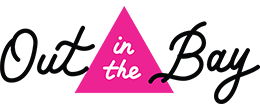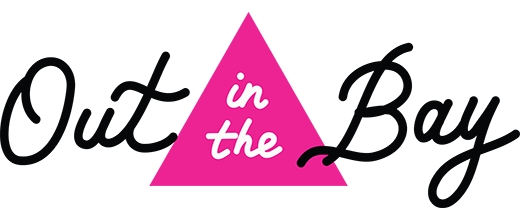How has COVID – and the political and societal turmoil of the past year – affected our mental health? And how are we coping? (Though much of this week’s discussion applies to everyone, we especially address the needs of LGBTQ people.)
Live entertainment, restaurants, bars, other businesses, schools, community centers and other gathering spots have been mostly closed over a year now, severely limiting our social connections – especially in-person interactions. Many of us have lost income, homes or both; some have lost loved ones.
All this on top of four years of anti-queer politics by our last federal administration, an incredibly divisive national election, an attack on the US Capitol, a long overdue reckoning with our country’s racist violence and policies, and here in the West, intense wildfires – remember the eerie orange day last year when we never saw the sun?
With vaccinations increasing and case numbers dropping here in California — at the moment — it seems the worst of COVID is over. But with troubling virus variants and vaccines not fully proven, some health experts predict restrictions and mask mandates will continue much of this year.
It’s no wonder so many of us feel anxious and depressed. On this week’s Out in the Bay, a community assessment and coping tips from two professional therapists:
Chelsea DeMarte (she, her, hers) is a licensed psychotherapist based in Oakland who specializes in working with the LGBTQ+ community. Her work is trauma informed, integrates a social justice lens, and honors the mind/body/spirit connection. She has been practicing for over 15 years, and is the current Co-President of Gaylesta. www.ChelseaDeMarteMFT.com
Ryan Horvath, LMFT (pronouns: he, him, his) is an Oakland-based licensed Marriage and Family Therapist (license number LMFT50003) working with the LGBTQ+ community as well as providing counseling to those who are struggling with the loss of a pet. www.RyanHorvathMFT.com
Other resources:
Gaylesta, the Psychotherapist Association for Gender & Sexual Diversity, provides mental health services including therapist referrals, education and consultation. Member therapists offer a wide range of specializations, allowing Gaylesta to serve as a unique resource both to the LGBTQ communities and to other service providers.
ACCESS programs for low-income residents: Most California counties have an ACCESS (Acute Crisis Care and Evaluation for Systemwide Services) program to provide assessments and referrals to mental health and substance use services for Medi-Cal beneficiaries and other low-income residents. Search ACCESS and your county’s name to find the website for your county’s program.
Suicide Prevention + Crisis Hotlines:
- Call 1-800-273-8255 at any time to reach the National Suicide Prevention Lifeline, which offers services to the general public and LGBTQ-specific services.
- Call 1-888-843-4564 to reach the LGBT National Help Center, which has hotlines for youth, seniors, and all ages, available 1pm to 9pm Pacific M-F and 9am – 2pm Saturdays.
- For LGBGTQ youth, The Trevor Project, at 1-866-488-7386, is staffed 24/7. You can also chat on the website www.thetrevorproject.org or text “start” to 678-678.
Note: This conversation was recorded Feb. 24. Illness delayed publication; some COVID references may be slightly dated.



